Zelenskyy and the Servant of the People
The days of boundless and unconditional national love for the current President are over – most likely, forever. His support remains quite high. For a part of society, Zelenskyy continues to be the undisputed leader of the country – a symbol of resistance and resilience.
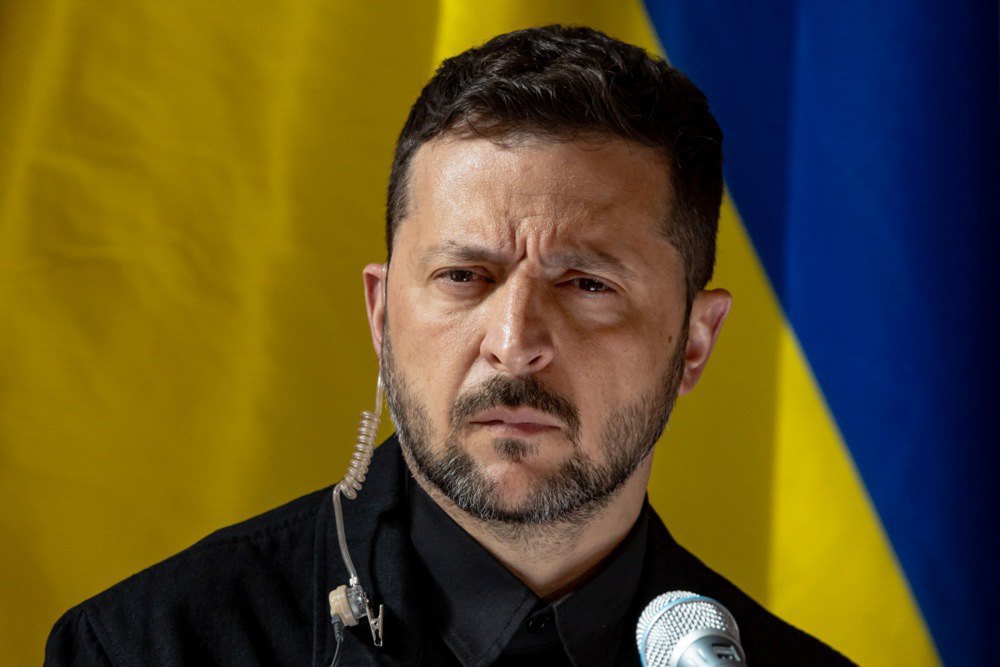
On the other hand, his anti-rating is also growing – that is, the number of people for whom Zelenskyy is becoming openly toxic is increasing. They will not vote for him under any circumstances.
Some are jumping to the conclusion that Zelenskyy has lost his chances of being elected President in the next election (whenever that may be). This statement is, at the very least, premature. Once again, it must be emphasised that for Zelenskyy, everything will depend on the terms of the peace.
He is currently demonstrating his determination to defend Ukraine’s interests – as they say – to the last. His messages are appropriate. His actions are mostly balanced. There will certainly be mistakes. But there are too many factors that are beyond his control – first of all, the chaotic US policy and the unpredictability of Europe.
If Ukraine emerges from the war with dignity, his chances will be quite realistic. If the country plunges into the chaos of uncertainty, the most he can count on is his own faction in the Verkhovna Rada.
In the parliamentary elections, Zelenskyy will likely focus solely on his personal brand. That is, he is likely to create a conditional Zelenskyy Bloc. Ultimately, the name they choose is not so important at this point. It is clear that the Servant of the People party – in its current form and with its current name – will fade into the background.
Over the past few months, there have been several sociological studies that have determined the balance of trust and distrust in potential election leaders. They all show roughly the same picture: Zelenskyy’s personal rating is high. However, it also has a significant negative balance – that is, the level of distrust is quite comparable to the level of trust.
It should be borne in mind that the electoral preferences of Ukrainians have recently undergone major changes. For example, according to a KIIS study, Zelenskyy has the highest rating in western Ukraine. This would not have been possible in the pre-war period. This suggests that a large part of the electorate now perceives him as a conservative national politician.
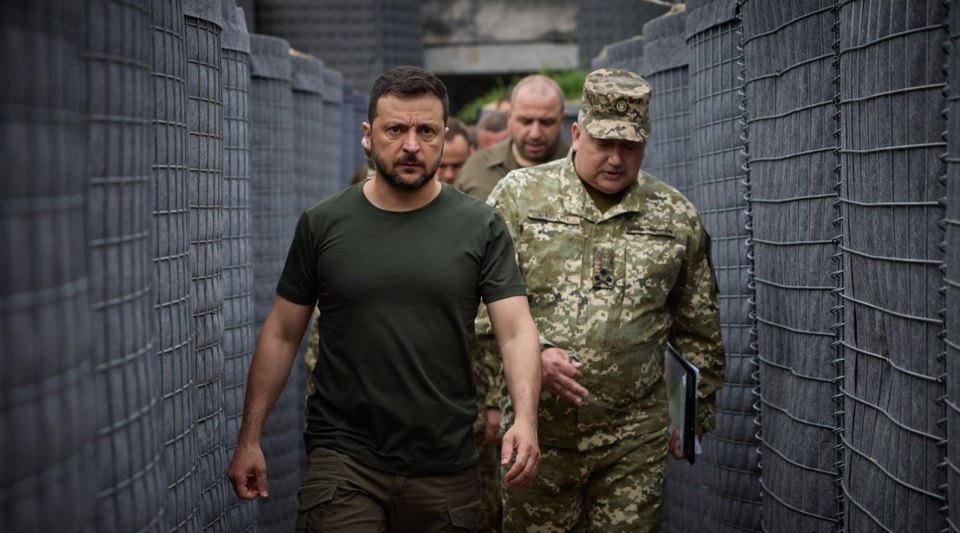
- The highest balance of trust is observed in the West (+27%) and in the Centre (+13%).
- In the South and East, the balance of trust and distrust is close to zero.
Therefore, Zelenskyy’s nominal faction will definitely be formed, and he will have enough seats in the Verkhovna Rada to remain among the most influential political forces. On the other hand, given his anti-rating, this success will rest on a rigid electoral ceiling – one that will not be easy to surpass. The percentage gained will also depend on the status of the current President. That is, if the presidential election is held first and another candidate wins, many voters will find a new idol. If the Verkhovna Rada elections are held first – or if Zelenskyy is re-elected – the size of the future faction will increase significantly.
It is almost impossible to predict the personal composition of such a faction. One thing is clear: the mistakes of the previous elections will definitely be taken into account. The next faction will include the most loyal members of the team, reinforced by well-known public figures who can boost voter support.
It is already evident that Zelenskyy’s potential list will be generously filled with military personnel and volunteers with distinguished service records. However, all political forces – without exception – will take the same approach. On one hand, this will create a level playing field for all election participants. On the other, it will significantly devalue the participation of military figures in the electoral process.
Will the Servant of the People brand disappear completely? This is a valid question. It is unlikely that even the top leadership of the political party has a definitive answer. It seems probable that this name will finally be consigned to the archives.
However, some politicians may still wish to capitalise on the well-known brand by announcing fundamental reforms. The question is who actually controls the party – its name, leadership and final decisions. Theoretically, the party could announce new leadership and a new chapter in its history at a congress. By radically renewing the team and attracting prominent figures, it would be entirely possible to claim a certain share of the electorate – and even gain its own faction. The principle of political recognition has not been cancelled.
And finally, a good option for Zelenskyy personally would be to refuse to run in the presidential election. He has already secured a place in history in a positive light. Such a development seems unlikely – but why not?
Valeriy Zaluzhnyy
Valeriy Zaluzhnyy is not losing popularity – on the contrary, his positive rating remains high. As for distrust, it continues to be consistently low. This trend is likely to persist, as his current activities do not involve making controversial decisions.
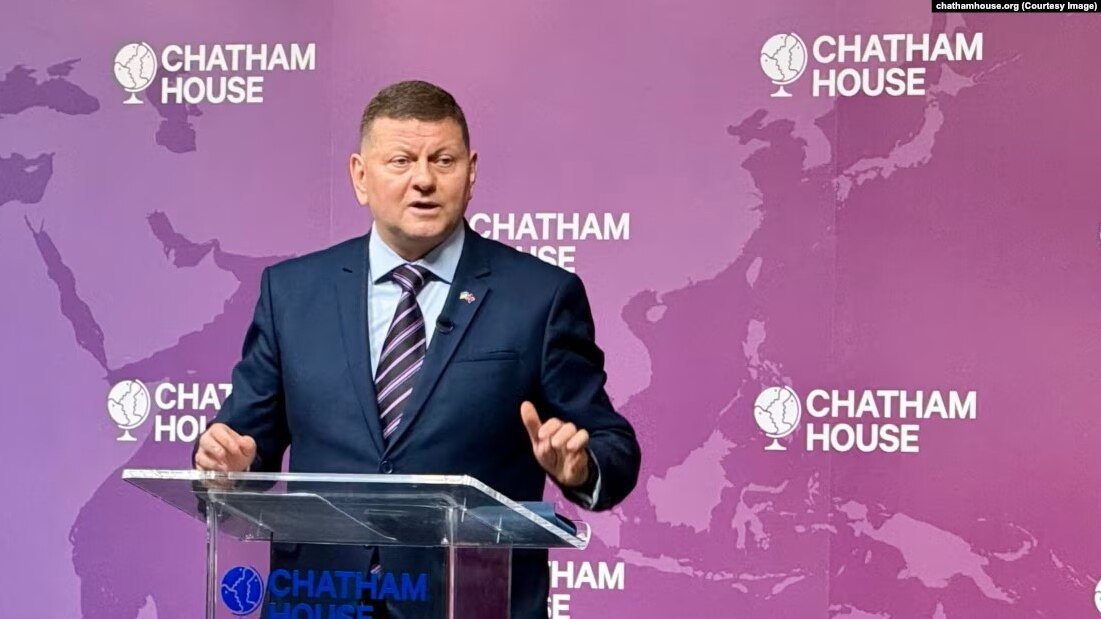
The former Commander-in-Chief’s popularity is rooted in the inspiration of the first year of the war. His name is closely associated with that period of patriotic uplift in the minds of a large proportion of Ukrainians.
There are ongoing disputes regarding his actual military achievements, but these debates are of little interest to the general public. Moreover, the topic is highly controversial. What matters is that Ukraine succeeded in repelling a larger and stronger Russian military – and Zaluzhnyy was leading the army at that time. He, too, has secured a place in the country’s history. The average voter is not concerned with further nuance.
So let us set that question aside. What is of interest now is what Zaluzhnyy can offer as a politician. And the only honest answer to that question – at this stage – is nothing.
Valeriy Zaluzhnyy has never articulated any political preferences, nor taken a position on ideology or Ukraine’s prospects for peaceful development. No one knows – seemingly not even he himself – what views he holds on economic, cultural or social issues.
Regrettably, under the current circumstances, he is effectively another pig in a poke for the presidency of Ukraine. The country has already experienced several such figures in recent history – and has had ample opportunity to see that this principle of candidate selection is far from ideal. In the context of post-war reconstruction, it could prove catastrophic.
One thing is certain: if Zaluzhnyy decides to run in any capacity, it will significantly alter the political landscape and the balance of power. A queue has already formed of those seeking to capitalise on his rating – offering in return a well-established party brand, existing infrastructure and proven political technologies.
It is known that representatives of the Poroshenko, Klitschko and Tymoshenko camps have approached Valeriy Fedorovych [Zaluzhnyy]. It is almost certain that additional offers have been made but have not entered the public domain. He has definitively declined Yuliya Volodymyrivna’s proposal. His stance on the others remains unclear.
Petro Poroshenko
It is no secret that the fifth President of Ukraine harbours ambitions of becoming the seventh. Whether these hopes are justified remains open to debate. Theoretically, in a post-war country, entirely unexpected configurations of power could emerge – making such intentions more realistic than they may appear today. However, one should not ignore the fact that Mr Poroshenko’s balance of trust and distrust is perhaps the worst among prominent politicians.
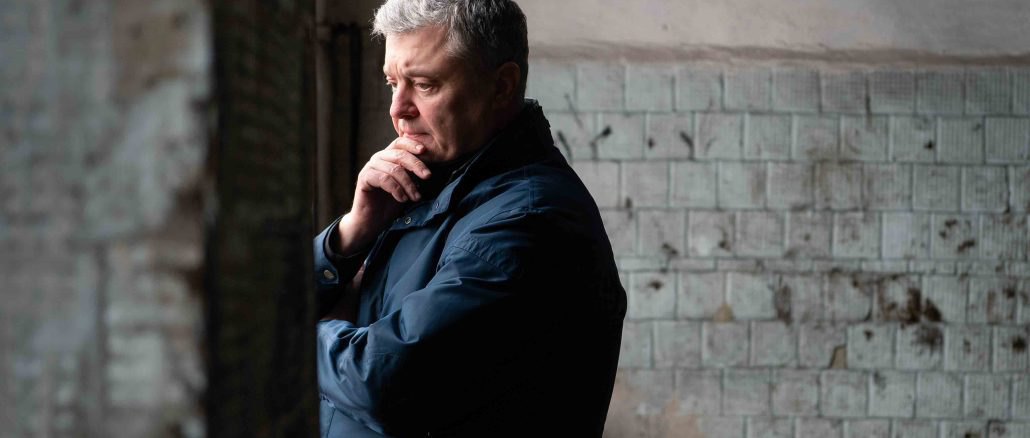
The most likely scenario is a repeat of the previous election outcome – that is, Poroshenko becoming the head of an influential faction.
It is rumoured that he has ambitions to serve as Prime Minister under a potential President Zaluzhnyy. This scenario is not impossible, though it is certainly too early to discuss it in concrete terms. Should Valeriy Fedorovych [Zaluzhnyy] decide to run, his political weight would likely eclipse that of most figures from the past. Whether he would consider such an alliance beneficial is unknown. However, Petro Oleksiyovych [Poroshenko] can offer more than just political experience or charisma. He is, as it is often said, a resource-based politician – and can therefore provide prospective allies with substantial financial and organisational backing. This factor may well prove decisive.
Some analysts suggest that Poroshenko’s chances of returning to the presidency would be strengthened if the National Security and Defence Council were to impose sanctions against him or initiate legal proceedings. This is a contentious argument. The widespread rejection and distrust he faces stem from a string of corruption scandals during his previous term. Can renewed allegations of corruption alter this perception? Certainly – but not to his advantage.
Yuliya Tymoshenko
Yuliya Tymoshenko has been politically written off many times, with confident declarations that “this time, it’s final”. Yet each time, she has demonstrated remarkable political tenacity – rising, figuratively speaking, from the dead. For this reason, it would be premature and unwise to declare her political career over.
Moreover, the political landscape has changed not only through the growth of patriotic sentiment. In general, the average Ukrainian voter is now older. The war has claimed the lives of many young Ukrainians, while others have left the country. The “nuclear electorate” of Motherland party has diminished – but only as a result of natural demographic processes. This situation could, paradoxically, increase Ms Tymoshenko’s share of the vote in upcoming elections.
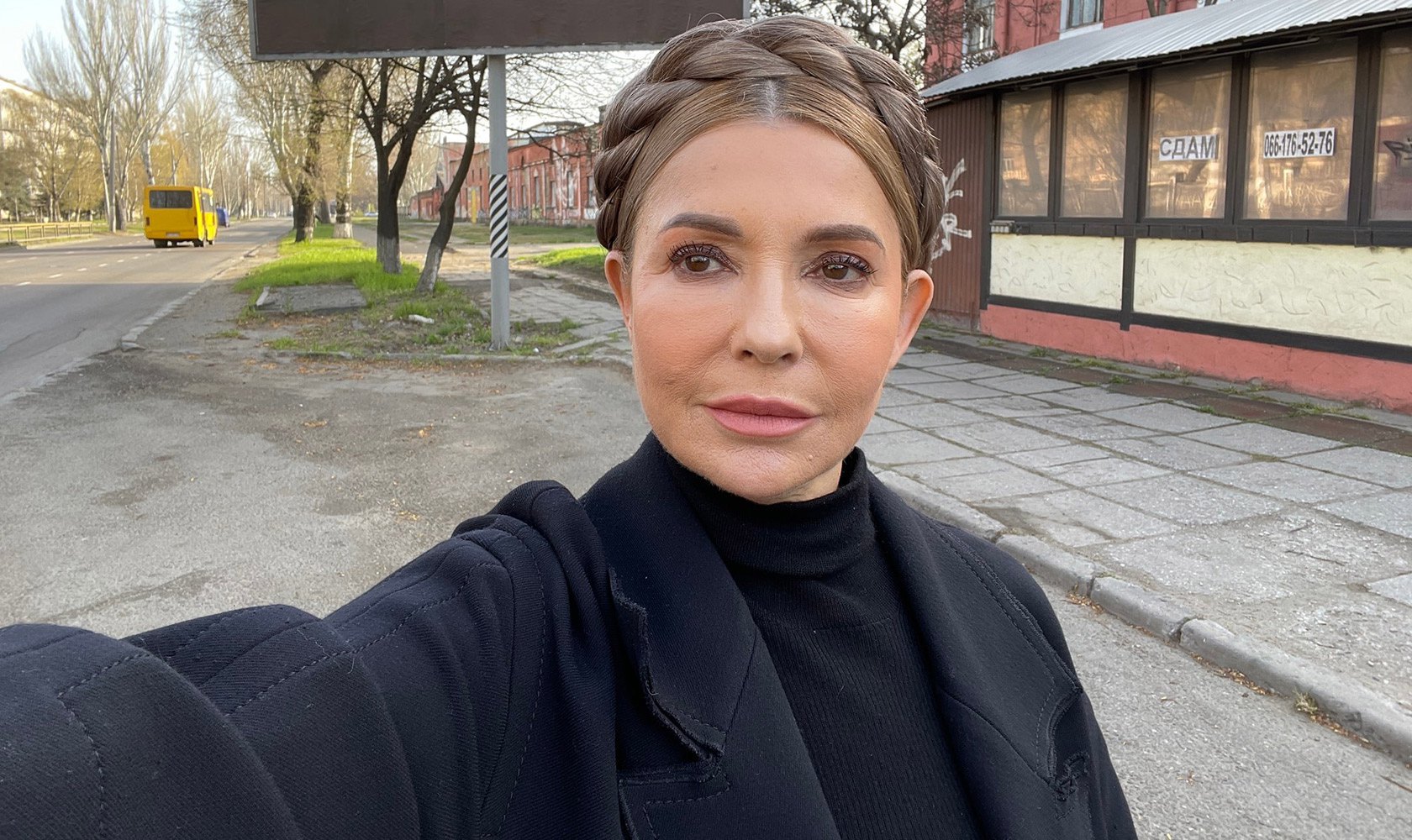
Nevertheless, it will be extremely difficult for Yuliya Volodymyrivna [Tymoshenko] to form alliances with political forces that share her vision. As a result, the possibility of her joining a political bloc seems remote. It is likely that Motherland will once again contest the elections solely under its long-standing leader’s banner.
However, a threat to these ambitions may emerge from another direction. Tymoshenko’s political ratings are likely to suffer with the arrival of new players in her electoral space – most notably, Dmytro Razumkov. He intends to capture a significant portion of Motherland’s electorate. His relative youth, energy and appeal as a fresh alternative offer him strong prospects. If his team can demonstrate creativity and adaptability, it is highly probable that a new faction will appear in the Verkhovna Rada.
New names
At present, it is safe to say that two well-known military figures — Andriy Biletskyy and Kyrylo Budanov — will be among the key players in post-war politics. While neither has publicly declared such ambitions, their popularity and media visibility will certainly not go to waste.
It remains unclear whether Biletskyy will launch his own political project. Given the current context, it would be more logical for him to form a bloc with other commanders rather than fragment the electorate. He cannot realistically expect to achieve substantial success in a presidential campaign. His most viable strategy would be to use political technology to redistribute votes and promote a future parliamentary initiative.
By contrast, Kyrylo Budanov may seriously consider running for president. His growing media presence and name recognition offer him strong prospects in virtually any political format.
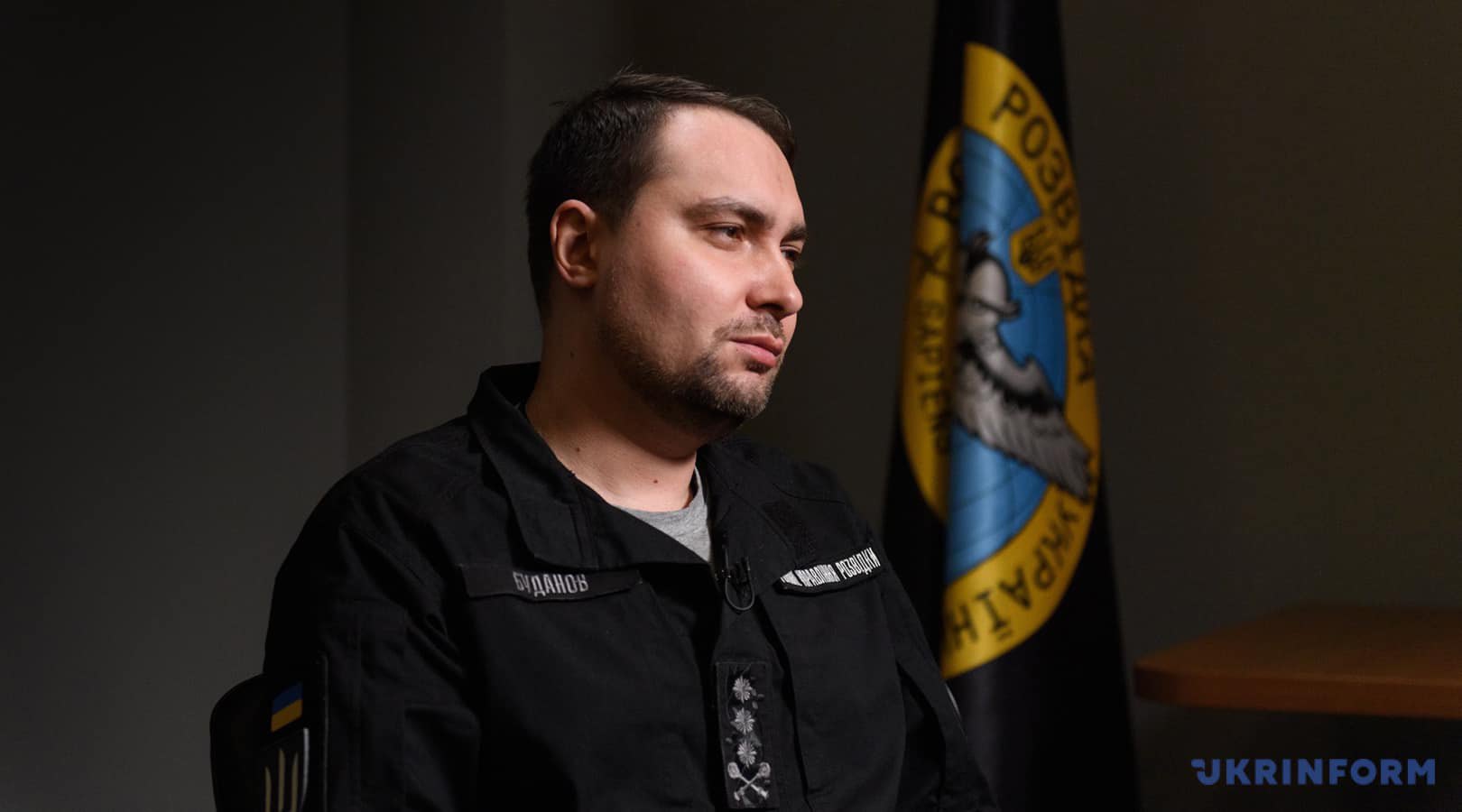
It is worth noting that, among the potential presidential contenders, only Valeriy Zaluzhnyy and Kyrylo Budanov currently enjoy a positive balance of trust over distrust.
The Chief Intelligence Officer has yet to comment publicly on his political future. Nonetheless, it is unlikely that he will forgo the opportunity to enter politics. Given his youth, drive and ambition, he is unlikely to accept an honourable retirement after the war. While his presidential prospects remain uncertain, he is certainly capable of forming a nominal faction in parliament.
Overall, the competition to recruit prominent military figures into political projects promises to be intense. A key question concerns the degree of freedom military personnel will have to participate in elections. Their status during the campaign and on election day will need to be clarified. Will secret voting and independence from the chain of command be guaranteed? Who will provide oversight? And will international observers be present on the ground? If the specific nature of military service restricts active participation in the electoral process, this could generate tension — not only within the military community itself. It is important to remember that the army remains one of the institutions with the highest levels of public trust.
Some of the most active representatives of the broader military community have already, in effect, entered the political race. One example is Hennadiy Druzenko, who is openly using the PDMSh brand to promote himself.
The political future of other well-known military personnel and volunteers remains uncertain. Some will reinforce existing parties, while others will likely form new blocs and political projects.
There is increasing information about the electoral ambitions of certain well-known volunteers — in particular, Serhiy Prytula, who has not only enhanced his credibility and recognition but has also managed to accumulate real political capital.

The potential political role of the Azov movement remains uncertain. It is highly likely that a political force will be formed around it. However, there is also a risk that several competing factions may emerge, each claiming to be the true ideological heir of Azov. Resource-backed political players could exploit these divisions, creating proxy “Azovs” in order to fragment the electorate even further.
The issue of ensuring free and fair voting among military personnel continues to pose serious challenges. Questions remain about the extent of command influence over voting and vote counting. Proper monitoring within military units will be extremely difficult. It is doubtful that European observers will be eager to work in frontline or high-risk areas. Moreover, how voting will be organised in scattered units remains unclear. These factors could significantly hinder oversight and open the door to manipulation.
Remnants of the OPFL
This section requires little elaboration. Sadly, despite the devastation of war, the former electorate of the Party of Regions and its successors still exists — and it is sufficient to secure parliamentary representation.
Figures such as Boyko, Lyovochkin, and Akhmetov — political heirs of the Yanukovych era — have retained both wealth and ambition. Naturally, they will not run under their old banners, but preparations for new political brands are already underway. It is likely that these projects will also include a curated selection of veterans and volunteers to broaden their appeal.
Election day
Disputes around the elections will begin well before the vote itself. One of the most contentious questions will be the order in which elections should be held.
From a practical perspective, the recommended sequence is: local, presidential, then parliamentary. Local elections should come first to facilitate the transfer of real authority from military administrations to civilian self-government. These local teams would also be best positioned to prepare the infrastructure for national elections. Otherwise, the risk of administrative interference will be substantial.
Beyond that, sequencing is debatable. Holding presidential elections before parliamentary ones would give the future president an immediate support base during the difficult post-war years. Conversely, holding parliamentary elections first could allow for greater competition and a more balanced political landscape.
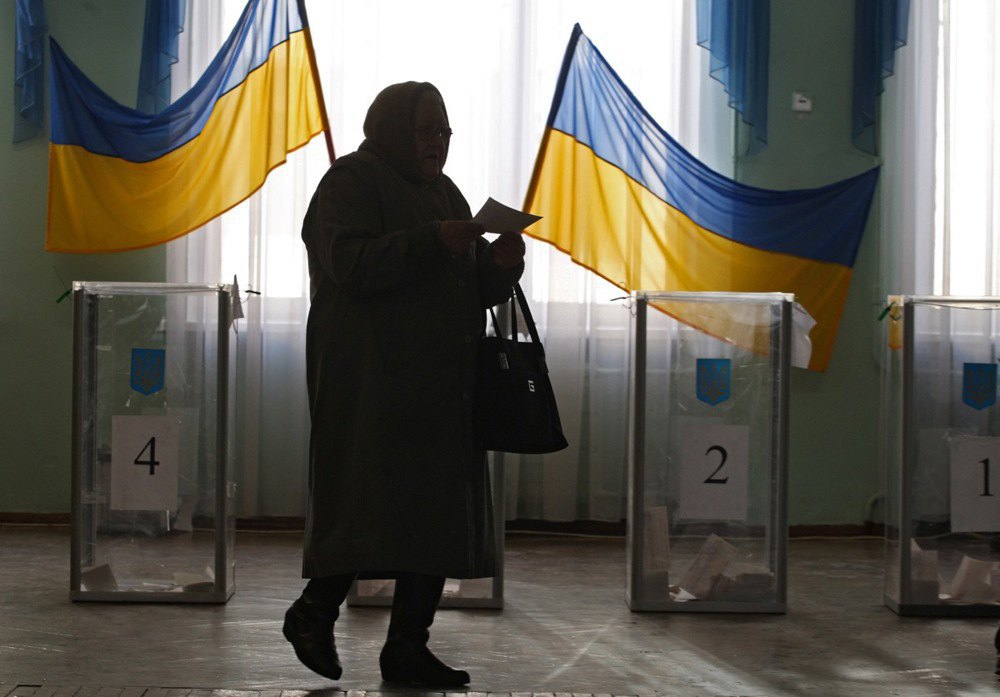
This is a fundamental decision, and the chosen approach will significantly shape the political configuration of the country moving forward.
Many other contentious issues will arise. One of the most pressing is the form of voting. How can voters in areas where polling stations cannot be safely or feasibly established freely express their will?
Smartphone voting may sound modern and attractive — but it is also extremely risky. Russia’s aggression has redefined modern warfare, and cyberattacks are an integral part of its arsenal. The Kremlin’s cyber units are unlikely to be disbanded after the war. They will remain a credible and active threat.
Any failure in the digital voting system would cast immediate doubt on the entire electoral process. For this reason, all election materials — including ballots — should be printed and paper-based to avoid disputes and ensure public trust.
Risks and responsibility
Further questions will inevitably arise: how can we ensure that the vote is truly free? That no officer is standing over soldiers, monitoring how they mark their ballots?
In post-war Ukraine, any dissatisfaction with — or even partial rejection of — the election results by a segment of the population could lead to catastrophic consequences. Given the widespread trauma, psychological scars, and experience of violence among many Ukrainians, such dissatisfaction could manifest in radical and destructive forms of protest.
This, in turn, would present a perfect opportunity for Moscow to exploit domestic divisions. Unfortunately, the Kremlin possesses the tools, technologies, and personnel to do so effectively.
The voter registration system itself is bound to come under scrutiny. Ukraine now has a massive population of internally displaced persons — fertile ground for electoral fraud, including “carousel” voting. Tracking the actual location and ensuring the genuine, individual participation of each voter will be almost impossible.
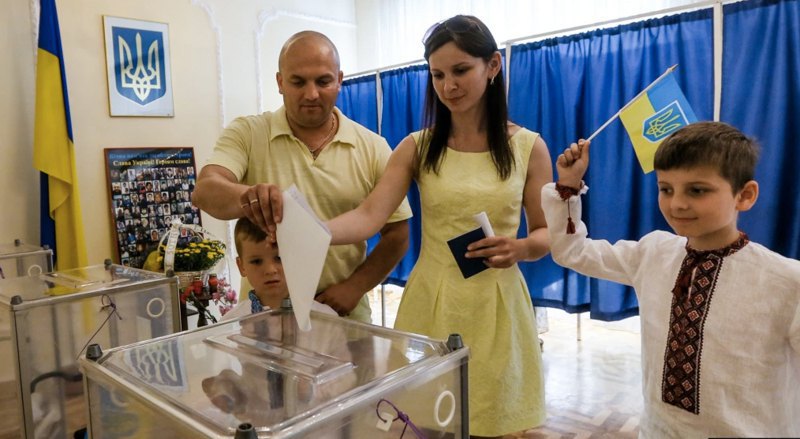
Foreign electoral districts are a particular source of difficulty. A critical and politically sensitive question arises: should Ukrainians residing in Russia be allowed to vote? Legally, they retain their right. But to consider their vote free and unbiased would be to undermine the very foundations of Ukrainian sovereignty.
More broadly, voters who have lived outside Ukraine for several years may no longer share the country’s current context, priorities, or civic experience. Their participation presents a real risk — and deserves separate, thorough analysis. This issue demands extreme caution and considered decision-making.
The next elections, regardless of who wins, will be historic. Ukraine stands at a new crossroads. It is vital to avoid repeating the mistake of 1991, when fear of change and its consequences led to the election of a representative of the old Soviet elite — a man with no vision for a sovereign Ukrainian state. This time, the stakes are even higher. The cost of error could be measured not in decades, but in generations.







